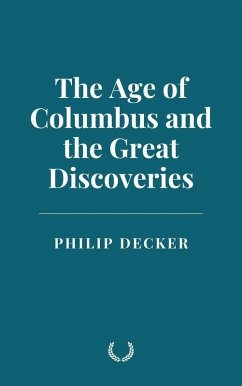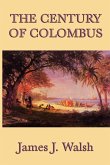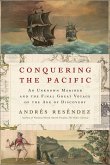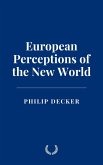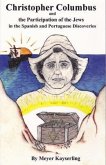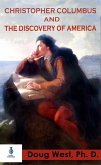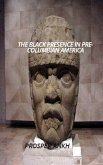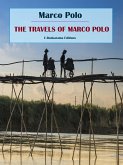This work presents a comprehensive exploration of the Age of Exploration, focusing on its historical, intellectual, cultural, and geopolitical dimensions. Spanning the late 15th to the early 17th centuries, the narrative delves into the motivations, processes, and consequences of European voyages that reshaped the global order. Key figures such as Christopher Columbus, Vasco da Gama, and Ferdinand Magellan are analyzed not merely as adventurers but as agents of empires whose ambitions laid the groundwork for global interconnectedness and imperial rivalry.
The text critically examines the profound transformations brought about by these explorations, including the establishment of Atlantic economies, the Columbian Exchange, and the transatlantic slave trade. It highlights how new commodities, labor systems, and diseases redefined societies across Europe, Africa, and the Americas. The exploration age also spurred intellectual shifts, challenging medieval cosmologies, fostering the rise of empirical science, and fueling debates on human rights and sovereignty, as epitomized by the Valladolid debates between Bartolomé de las Casas and Juan Ginés de Sepúlveda.
While European narratives often framed exploration as a triumph of discovery and progress, this work underscores the catastrophic impacts on indigenous populations, whose lands, cultures, and lives were devastated by conquest, forced labor, and epidemics. Indigenous resistance, resilience, and adaptation are analyzed, demonstrating the agency of native societies in negotiating the challenges of colonization. Furthermore, the intellectual and cultural legacies of the Age of Exploration are explored through the arts, literature, and cartography, revealing how global encounters influenced European self-perception and the birth of modern disciplines such as anthropology and political science.
The study also interrogates the contested memory of exploration, tracing its evolution from narratives of heroic discovery to modern critiques of imperial violence and historical injustice. By presenting a nuanced and multidimensional analysis, this work contributes to a deeper understanding of how the Age of Exploration not only reshaped the physical world but also redefined humanity's sense of its place within it. It reflects on the enduring legacy of this period, highlighting the ways in which the legacies of exploration continue to influence contemporary debates on globalization, identity, and historical reckoning.
The text critically examines the profound transformations brought about by these explorations, including the establishment of Atlantic economies, the Columbian Exchange, and the transatlantic slave trade. It highlights how new commodities, labor systems, and diseases redefined societies across Europe, Africa, and the Americas. The exploration age also spurred intellectual shifts, challenging medieval cosmologies, fostering the rise of empirical science, and fueling debates on human rights and sovereignty, as epitomized by the Valladolid debates between Bartolomé de las Casas and Juan Ginés de Sepúlveda.
While European narratives often framed exploration as a triumph of discovery and progress, this work underscores the catastrophic impacts on indigenous populations, whose lands, cultures, and lives were devastated by conquest, forced labor, and epidemics. Indigenous resistance, resilience, and adaptation are analyzed, demonstrating the agency of native societies in negotiating the challenges of colonization. Furthermore, the intellectual and cultural legacies of the Age of Exploration are explored through the arts, literature, and cartography, revealing how global encounters influenced European self-perception and the birth of modern disciplines such as anthropology and political science.
The study also interrogates the contested memory of exploration, tracing its evolution from narratives of heroic discovery to modern critiques of imperial violence and historical injustice. By presenting a nuanced and multidimensional analysis, this work contributes to a deeper understanding of how the Age of Exploration not only reshaped the physical world but also redefined humanity's sense of its place within it. It reflects on the enduring legacy of this period, highlighting the ways in which the legacies of exploration continue to influence contemporary debates on globalization, identity, and historical reckoning.
Dieser Download kann aus rechtlichen Gründen nur mit Rechnungsadresse in A, B, CY, CZ, D, DK, EW, E, FIN, F, GR, H, IRL, I, LT, L, LR, M, NL, PL, P, R, S, SLO, SK ausgeliefert werden.

